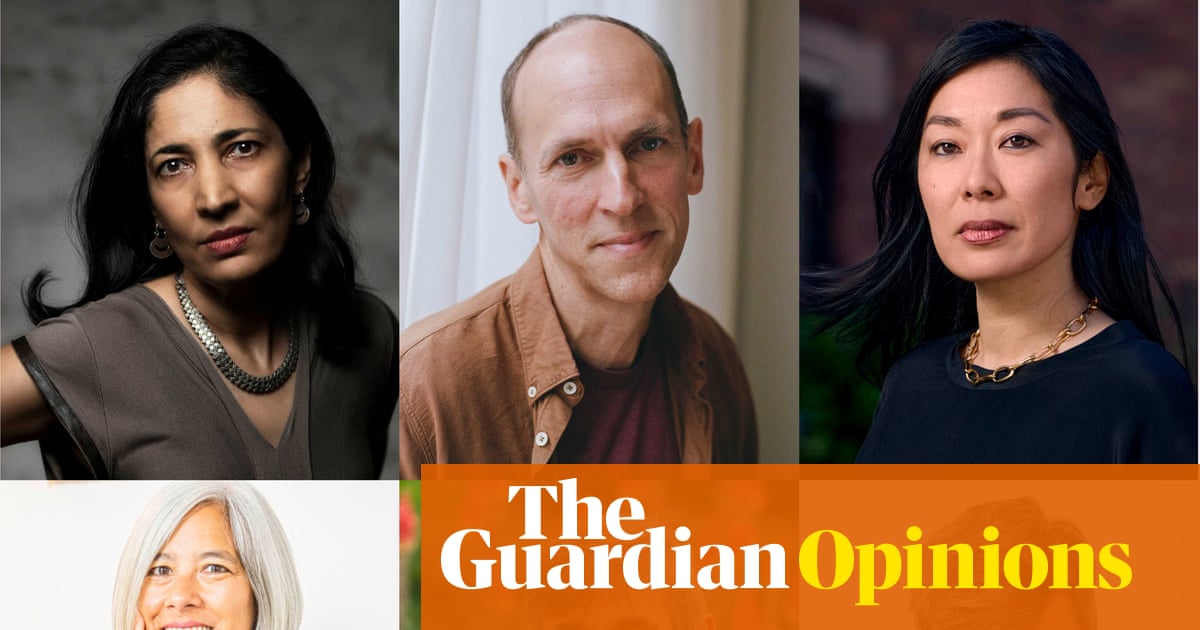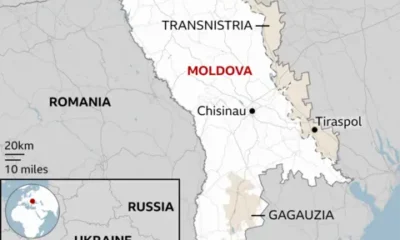Opinion
The Guardian view on the 2025 Booker prize: bringing posh bingo to the BookTok generation | Editorial
Read more on post.

With its reputation for stuffiness and elitism, the Booker prize may seem unsuited to the age of social media. Back in the 1980s, when writers’ spats and affairs made headlines, the winning ceremony was televised by the BBC. It was the book world’s Oscars. Today, the idea of tuning in to watch the dinner-suited literati tuck into supper in London’s oak-panelled Guildhall seems preposterous. But the UK’s most prestigious literary prize still needs to reach as wide an audience as possible. How do you sell “posh bingo”, as Julian Barnes memorably dubbed it, to the BookTok generation?
It is no longer enough to tell people what they should be reading. Readers expect to be part of the conversation – to be in the bingo hall. This year’s shortlist was announced live by the chair and former Booker prizewinner Roddy Doyle at an event at London’s Southbank Centre, with behind-the-scenes chat from the panel. The event was also livestreamed.
However, readers are not going to be allowed into the judging room anytime soon. “Michael Frayn: Curiously dull”; “Melvyn Bragg: To name only one defect, how grossly over-written,” the formidable Rebecca West, one of the first judges, wrote in her memos. There’s a reason the meetings are confidential. But West would surely have approved of this year’s rich and remarkably varied shortlist, which includes The Loneliness of Sonia and Sunny by the former Booker winner Kiran Desai, Flesh by David Szalay, The Land in Winter by Andrew Miller (both previous shortlistees), The Rest of Our Lives by Ben Markovits, Flashlight by Susan Choi and Audition by Katie Kitamura. There are no debuts.
But first-time writers will be well served by a new prize in memory of the double-Booker-winning Wolf Hall novelist Hilary Mantel. And, in a sure sign of a shifting cultural landscape, another award was also launched last week to recognise Bookstagram favourites, with titles submitted and judged by members of the online books community. Who needs expert judges in the era of bookfluencers? There is room for both. Far from abandoning the Booker, online readers have gravitated towards the prize as a focus for discussion through its rapidly growing TikTok following and lively digital book club.
Amid dismaying reports of a decline in reading for pleasure (and literacy), a crisis in literary festivals and fears of the novel’s dwindling status, this is all cause for celebration. The Booker is still a cultural institution to be reckoned with, not just in Britain but globally. Following recent crowd-pleasers such as Douglas Stuart’s Shuggie Bain and last year’s Orbital by Samantha Harvey (the fastest-selling winner in Booker history), the prize has finally found a path between pomposity and popularity.
With such a strong shortlist, the 2025 winner promises to be another hit. If Orbital was also one of the shortest winners ever, this year should quell anxieties about vanishing attention spans with one of the titles weighing in at a hefty 700 pages. As stories of how to live with – and love – other people, all six novels are “brilliantly human”, as Doyle put it, a reminder of the threat to creativity from AI. Reading might be a solitary pursuit, but the shared experience of a novel can bring us together in a profoundly intimate way. Prizes provide a meeting place. At a time of so much division, we can take comfort in what another of this year’s judges, Ayòbámi Adébáyò, called “the communality of fiction”.









